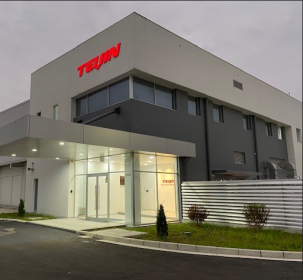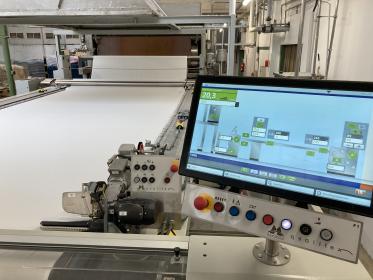Teijin: Carbon Fiber Products Operations in Vietnam
TCV, Teijin’s carbon fiber business base in Vietnam, was established in May 2019. Teijin Limited announced that Teijin Carbon Vietnam Co., Ltd. (TCV) in Ha Nam, Vietnam, has started operating commercially to manufacture carbon fiber products including prepreg, a fiber sheet pre-impregnated with matrix resin as an intermediate material for composites. TCV initially will produce carbon fiber materials for sports and outdoor activities, including fishing, golf, bicycle and ice hockey goods, for markets in Southeast and South Asia and Asia-Pacific. Sales will be handled by TCV as well as carbon fiber sales affiliates of Teijin operating in these markets.
Teijin’s sales affiliates in Singapore, Shanghai and Taipei work to identify demand opportunities as well as provide customer services in Asia. Internal collaborations between these companies and TCV shall strengthen Teijin’s presence in the upstream and downstream sectors of Asia’s fast-growing markets.
Increasingly strict environmental measures and the upgrading of environmental frameworks, such as sustainable development goals (SDGs) and the Paris Agreement, are expected to stimulate greater use of lightweight and highly rigid carbon fiber. Demands are growing in Asia, especially in the fields of sports and outdoor activities, industry and aerospace. COVID-19, for example, has led to new trends in sports and outdoor activities, such as renewed interest in fishing due its compatibility with social-distancing protocols.
Teijin Limited








